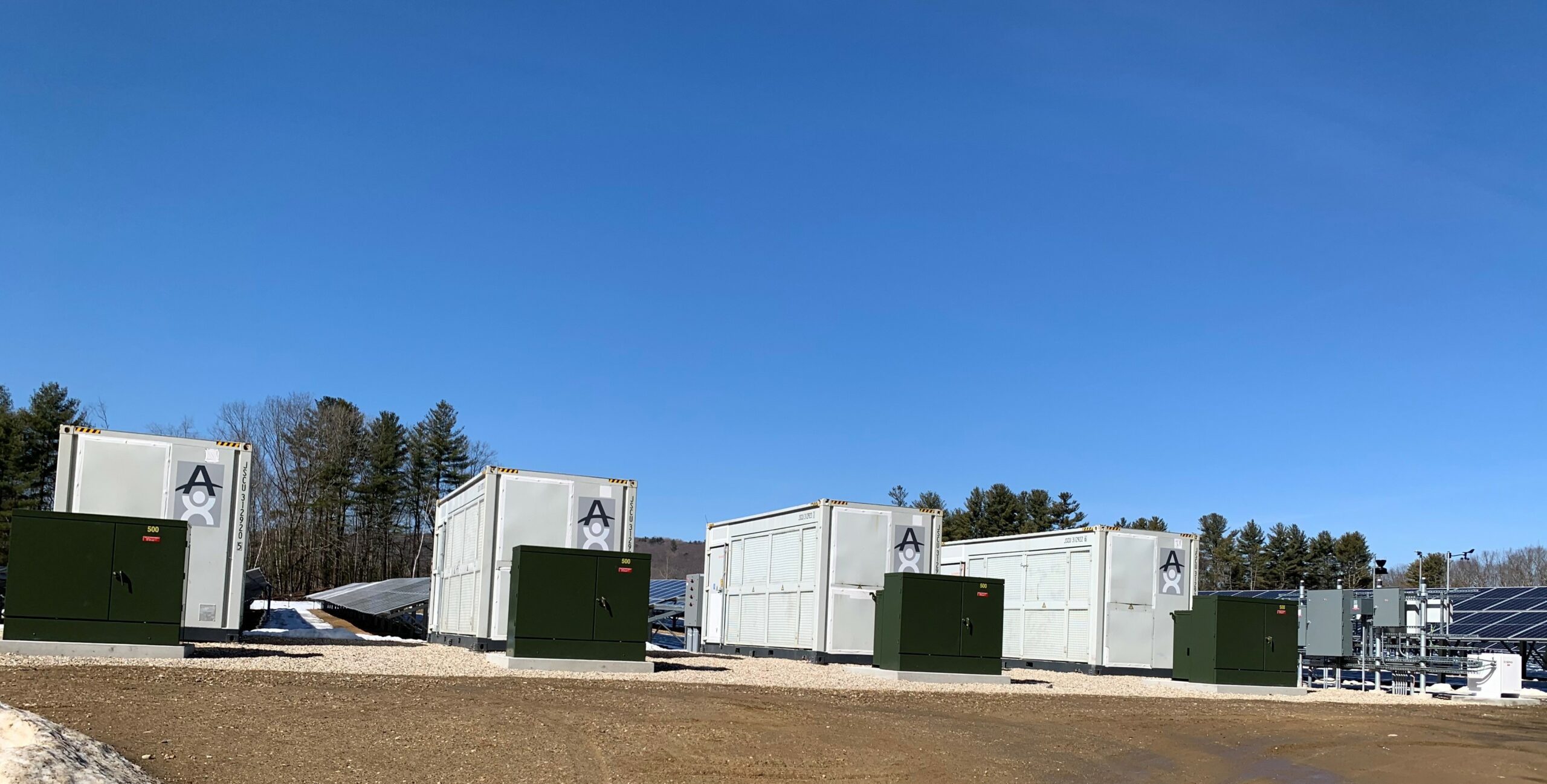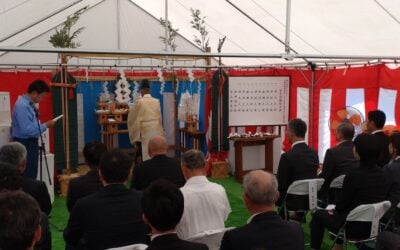
Verdant Microgrid, a developer of distributed generation projects ranging from 1MW to 20MW largely for commercial and industrial (C&I) sector customers, has secured a US$150 million financing agreement to further its activities.
The company completed the agreement with ClearGen, an energy efficiency and sustainable infrastructure financing group that provides flexible capital to the likes of developers, energy service companies (ESCOs), equipment manufacturers and utilities. ClearGen is backed by asset management firm Blackstone Group, which claims to hold US$149 billion worth of assets under management.
Enjoy 12 months of exclusive analysis
- Regular insight and analysis of the industry’s biggest developments
- In-depth interviews with the industry’s leading figures
- Annual digital subscription to the PV Tech Power journal
- Discounts on Solar Media’s portfolio of events, in-person and virtual
Verdant Microgrid’s projects typically comprise solar PV, battery energy storage, combined heat and power (CHP) systems, backup generators and other technologies like wind turbines. Case studies of the company’s projects listed on its website include a microgrid deployed at a food manufacturing and distribution facility in New York, which consists of a 1MW CHP system, 3MW rooftop solar array and 1.5MW / 6MWh battery storage system.
In that instance the customer’s demand for electricity peaks for three hours each day by 50% over its already high base load demand. The microgrid enables the facility to lower the demand charges levied by its utility provider by shaving the peaks. Verdant described it as a good example of a technology agnostic microgrid solution tailored to a customer’s specific needs. Certain aspects of the project such as the customised installation to allow the system to melt snow from the solar panels made it capital cost intensive, but the high demand charges that come from being located in a congested area made the returns work out.
Other example projects at different locations in the US include indoor and outdoor agricultural operations using different combinations of CHP, PV and battery storage and a project to reduce energy costs for a University by more than US$1 million each year. Customers could also include hospitals, data centres, warehouses and more — and the three major values the solutions provide are reducing energy costs, adding sustainability and reliability to electricity supply and quality.
Verdant claimed in a press release yesterday that it has US$50 million worth of projects in planning and construction within the next nine months and a total pipeline of more than half a billion dollars of potential projects.
Through the partnership with ClearGen, Verdant-developed projects will be owned by the finance company and operated and managed by the microgrid specialist. Customers will then be sold energy produced by the microgrids through a long-term ‘Energy Services Agreement’.
The key to bringing cost effective, on-site generation using renewable and other clean technologies to our target market is to integrate our designs with robust operators and financiers,” Verdant co-founder Robert Babcock said.
“This deal is a leap forward for the microgrid industry.”






